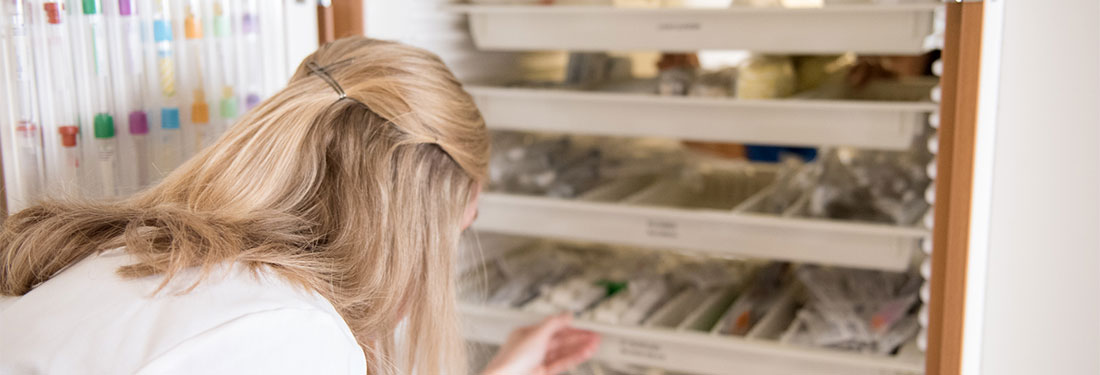Glossary of Lean Terminology
3P – Production Preparation Process, a five-day event in which a team focuses on building a production system for a new plant, process or product.
5S – A strategy that helps to keep our workplace safe and organized. It is a foundational element of the Virginia Mason Production System (VMPS).
- Sort – Separates necessary from unnecessary
- Simplify – Makes places for necessary items
- Sweep – A form of inspection that ensures everything is returned to its proper place
- Standardize – Creates a standard agreement and communicates it to the team
- Self-discipline – Maintains standards through training, empowerment, commitment and discipline
Andon – A type of visual control in the form of alarm lamps that alert management and staff to problems
- Paging – Lights to request supplies
- Emergency – Alerts leaders to abnormalities
- Operations – Indicates the operational status of equipment
- Progress – Especially useful for processes that have long takt or cycle times, it helps to monitor progress
Continuous Flow – The movement of products or services in a level manner through production — the ideal is one-piece flow at and between processes
Everyday Lean Idea (ELI) System – A formal method to capture staff’s ideas about removing waste in the work unit and develop these ideas with their manager
Genba – Where the work actually happens
Home Team – The workers who are not part of the improvement team, but whose work is affected by the changes — they are encouraged to participate by providing real-time ideas and honest feedback during planning, the event and implementation
Kaizen – Continuous incremental improvement
Kaizen Event – A one-, two-, or three-day event focused on a particular process in which people who do the work are empowered to eliminate waste and reduce the burden of work
Kaizen Promotion Office (KPO) – The department responsible for the deployment and application of the Virginia Mason Production System (VMPS) tools, methods and concepts
Kanban – A tool to effectively implement just-in-time and pull production — they are a visual cue that processes must begin
- Standard – A production kanban that triggers the preceding process to start producing
- Signal – A production kanban that triggers a process or machine to begin producing
- Transport – A kanban that triggers the movement of parts from preceding processes
- Purchase – A kanban that triggers the movement of parts from outside vendors
Lead Time – The entire time required to provide a product or service, from request to completion — it is measured with a stopwatch (includes waits between cycles and “off hours” and weekends)
Mistake-proofing – A method that aims to prevent defects
Muda – Waste of non-value-adding activities
Plan-Do-Study-Act (PDSA) – A method to continuously test and refine ideas — the focus is on measurable results
Poka-Yoke – Devices that eliminate or detect mistakes
Rapid Process Improvement Workshop (RPIW) – A five-day workshop focused on a particular process in which people who do the work are empowered to eliminate waste and reduce the burden of work
Setup Reduction – A method to reduce or eliminate setup time to increase capacity and flexibility
Standard Operations – A specific method of observation and analysis to determine and document the most efficient way to complete the work
Standard Work in Process (SWIP) – A calculation of the ideal number of products or customers that are within process boundaries
Taiichi Ohno’s Seven Wastes
- Time – Waiting for people or services to be provided or time when processes, people or equipment are idle
- Processing – Unnecessary processes and operations traditionally accepted as necessary
- Defects – Waste related to costs for inspection of defects in materials and processes, customer complaints and repairs
- Inventory – Maintaining excessive amounts of supplies, materials or information for any length of time – having more on hand than what is needed or used
- Motion – Unnecessary movement or movement that does not add value or movement that is done too quickly or slowly
- Overproduction – Producing what is unnecessary, when it is unnecessary, and in unnecessary amounts
- Transportation – Conveying, transferring, picking up, setting down, piling up and otherwise moving unnecessary items






